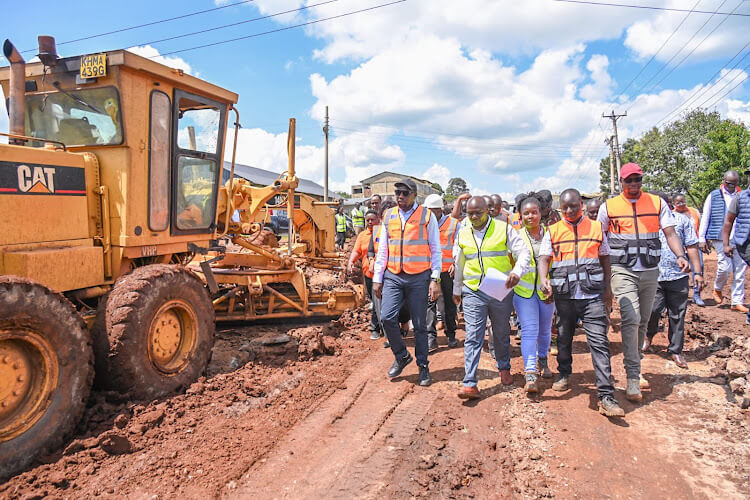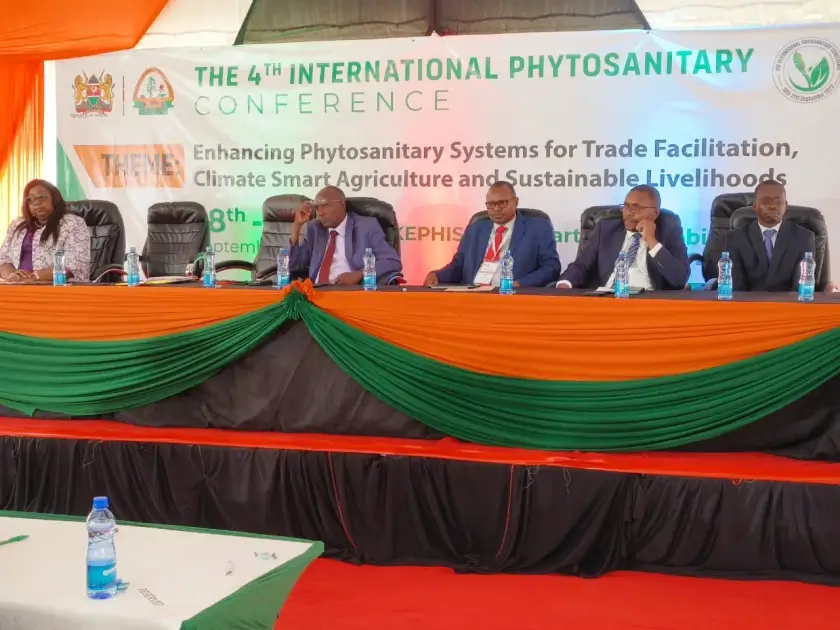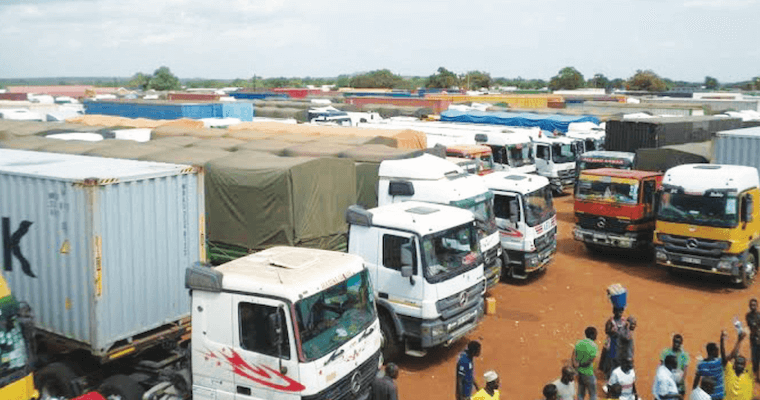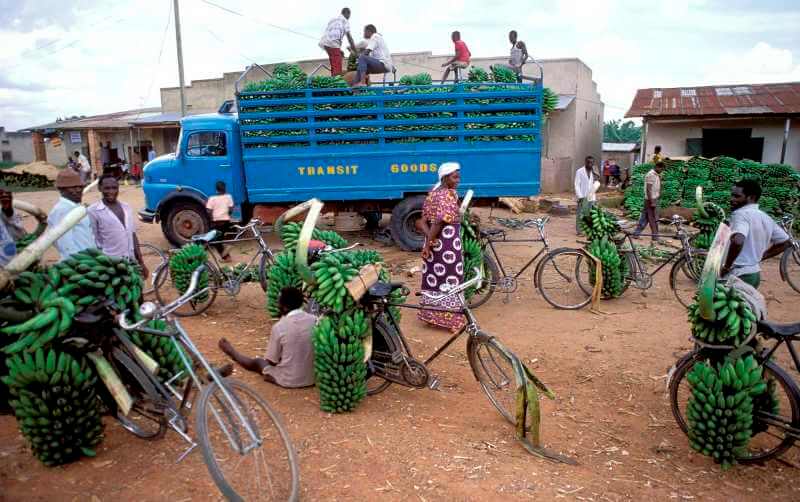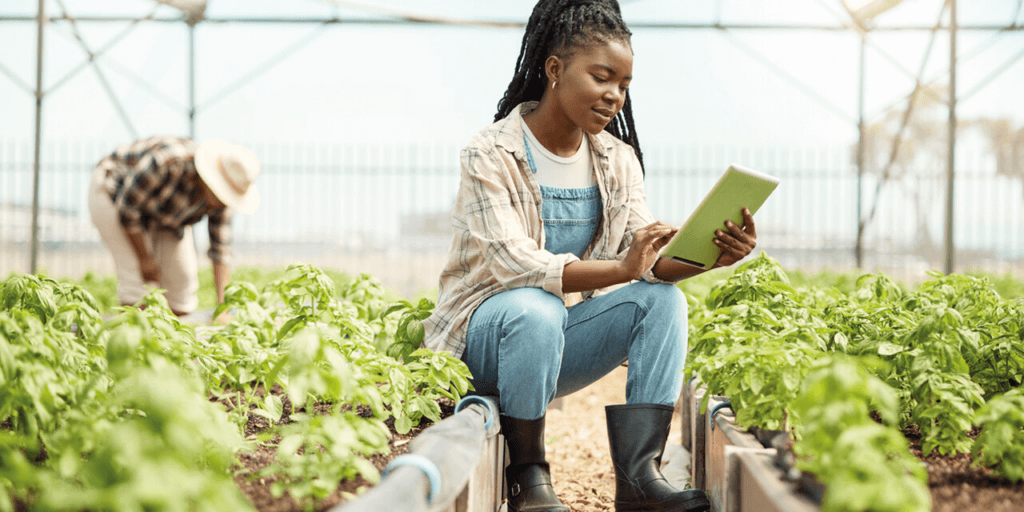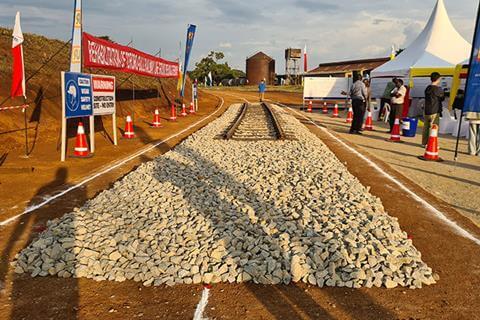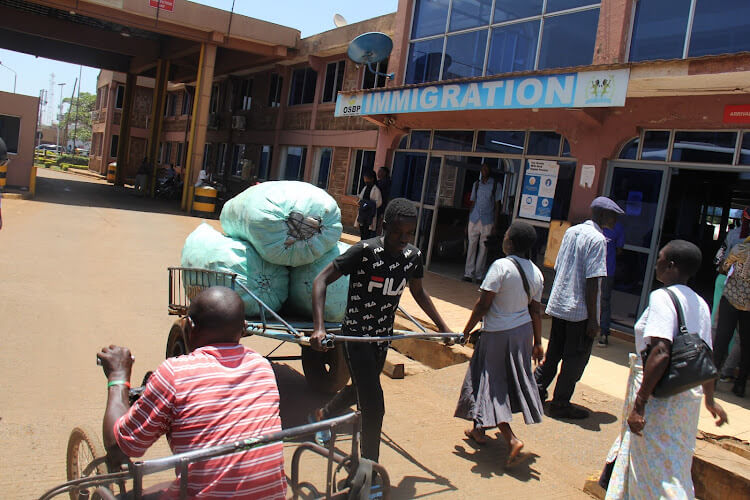At least $85 billion worth of global trade is currently affected by trade restrictive measures aimed at addressing the spillovers of food insecurity brought about by the effects of the Russia-Ukraine War. This is according to the 2023 edition of the World Trade Report themed Re-globalisation For a Secure, Inclusive and Sustainable Future launched September 12 during the WTO Public Forum in Geneva. On July 17, the Black Sea Grain Initiative collapsed after Russia exited the arrangement which had paved the way since July 2022 for Ukraine, a key source of grains in global supply, to resume exports through the Black Sea, raising fears of further rise in inflation owing to re-emergence of supply related bottlenecks. Relatively high costs The World Trade Report further states that developing economies stand to lose the most if the geopolitical falling out between Russia and Ukraine is not resolved soon. Countries adopting trade restriction measures derail an ecosystem already is disadvantaged from a global standpoint owing to poor integration to global value chains. “World Trade Organisation (WTO) members have increasingly implemented new trade restrictions in the context of the war in Ukraine and food security crisis”, the global trade body states in its report. “Out of the 96 export restrictive measures on food, feed and fertilisers introduced since the start of the war in late February 2022, a whopping 68 were still in place by the end of February 2023 covering roughly $85 billion of trade”, the report added. The WTO is calling for efforts aimed...
Global trade $85bn poorer from restrictive measures
Posted on: September 21, 2023
Posted on: September 21, 2023


